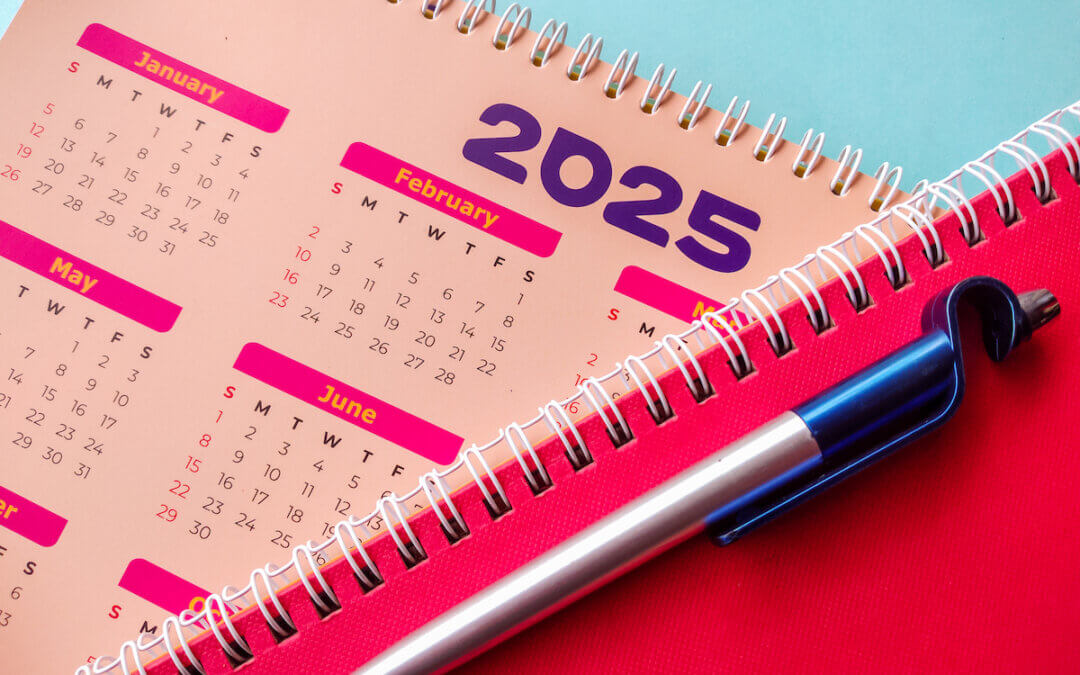On May 23rd, a divided federal appeals court ruled that Thomas Jefferson High School, an elite public high school in Alexandria, Virginia, would be permitted to keep their new admission policy. The new admissions policy does not allow Thomas Jefferson High School access to the students’ race, sex, or name during admissions; however, the standardized test requirement is replaced with an essay, the school is committed to admitting top students from public schools, and admissions officers are asked to put more weight on factors like economic status. These changes resulted in increased diversity at the school by boosting the number of Black and Hispanic students admitted in 2021. Although the plaintiffs in the case, “Coalition for TJ,” has not yet filed an appeal, according to Adam Liptak of The New York Times: “It is a decent bet that the Supreme Court will agree to hear an appeal in that case.” Should the Supreme Court agree, this will be their second important affirmative action case over the past few years.
In June, the Supreme Court is expected to rule on a case involving the affirmative action policies of University of North Carolina and Harvard University, which, unlike Thomas Jefferson high school, do take race into account. According to Joseph Ax of Reuters, “most legal analysts expect the court to rule against the schools” in those cases, thus ending the use of affirmative action nationwide. This has led universities, including Brown University, to begin exploring what they consider to be race-neutral ways of increasing diversity on campus, such as taking zip codes into consideration. The case involving Thomas Jefferson High School concerns such “race-neutral” affirmative action admission policies, which are distinct from those used by the universities in the current Supreme Court cases that explicitly take race into account. Liptak argues that the justices of the Supreme Court could use the case against Thomas Jefferson to further clarify or set guardrails around their upcoming ruling on affirmative action now that a Federal Appeals Court has ruled in favor of the high school.
The latest court ruling was divided, with two justices voting in favor of upholding the high school’s revised admission and one voting against. The dissent came from Judge Rushing, who wrote that the Constitution’s guarantee of equal protection “would be hollow if governments could intentionally achieve discriminatory ends under cover of neutral means.” In contrast, Judge Heytens and Judge King wrote for the majority, arguing: “Having spent decades telling school officials they must consider race-neutral methods for ensuring a diverse student body before turning to race-conscious ones… it would be quite the judicial bait-and-switch to say such race-neutral efforts are also presumptively unconstitutional.”
Notably, legal scholars argue that if the Supreme Court rules against Thomas Jefferson high school’s race-neutral policies, it would represent a significant break in court precedent, as Judge Heytens pointed out in his opinion. However, even if the Supreme Court were to add the case to its docket, it’s unlikely that they would offer a ruling within the next year, as the Supreme Court has already finalized their cases for the 2023-24 term.












